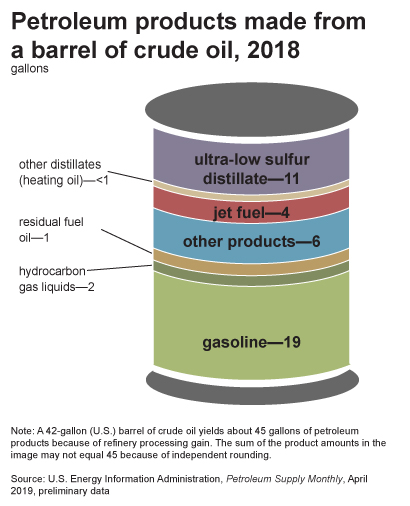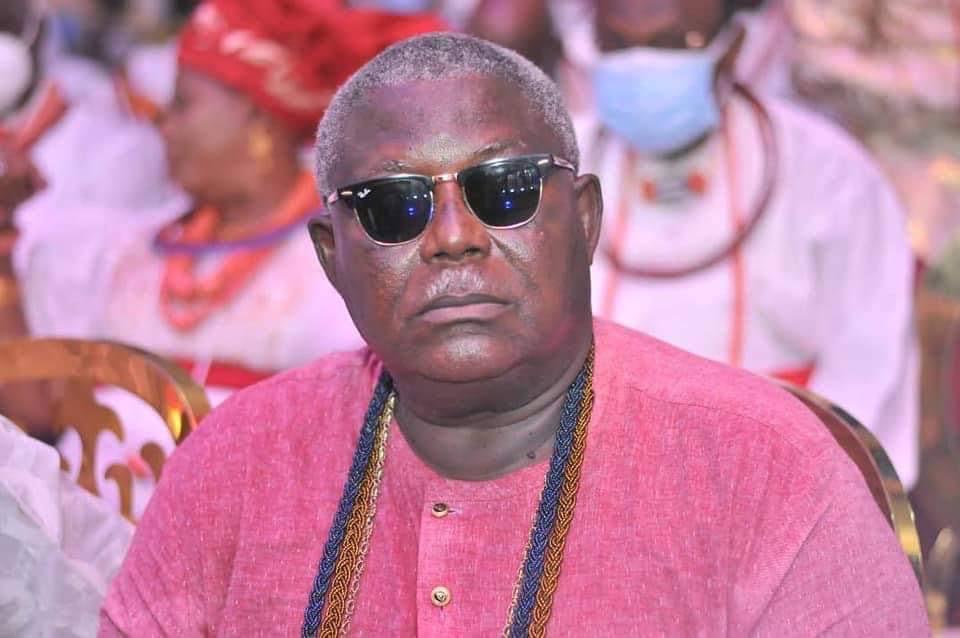News
Nigerian journalist in hiding after police arrest and question 5 reporters about his whereabouts

Authorities in Nigeria should publicly disclose why they are seeking journalist Cletus Opukeme, and should not harass reporters over their professional connections, the Committee to Protect Journalists said.
At about 3 p.m. on May 28, at the Nigeria Union of Journalists’ office in Warri, a city in southern Delta State, police officers approached Mathew Omonigho, a correspondent with the privately owned Daily Post newspaper, and asked him about Opukeme’s location, according to a Daily Post report and Omonigho, who spoke to CPJ via phone calls and messaging app.
When Omonigho said he did not know where Opukeme was, the officers grabbed him, tore his trousers, cut his belt, forced him into a vehicle, and took him to the Warri police station, where they interrogated him about Opukeme’s whereabouts, Omonigho said.
While Omonigho was in detention, four other reporters–Edeki Igafe, with the government-owned News Agency of Nigeria, Christopher Odamah, with the Delta Trumpet newspaper, Onyekachukwu Meluwa, with the privately owned Punch newspaper, and Francis Sadhere, with the privately owned Business Day newspaper–arrived at the Warri police station to investigate his arrest, and police then arrested them as well, Meluwa, Sadhere, and Odamah told CPJ. The journalists said police also questioned them about Opukeme’s whereabouts.
Opukeme, the publisher of the privately owned Daily Watch news website, told CPJ that he went into hiding after learning of the other journalists’ arrests. He told CPJ he believes authorities are searching for him in relation to DailyWatch reporting on alleged corruption involving Godswill Akpabio, the minister of Niger Delta Affairs. He told CPJ that he is still in hiding as of today.
Opukeme said that in mid-May, Anietie Ekong, Akpabio’s media aide, sent him threatening messages about his reporting, accusing him of writing false reports and saying he would “deal with him.”
In the evening of May 28, police released Omonigho, Igafe, Odamah, Meluwa, and Sadhere without charge, after interventions by the state commissioner of police, Hafiz Muhammed Inuwa, and the Nigeria Union of Journalists chairman, Michael Ikeagwu, the journalists said.
“Nigeria’s police must stop detaining and questioning journalists, and should disclose the reason they are pursuing journalist Cletus Opukeme,” said Angela Quintal, CPJ’s Africa program coordinator, in New York. “The Nigerian press must be allowed to work freely, without police or other state agents harassing, arresting, and interrogating them.”
Omonigho told CPJ that the police said they arrested him because he had “a link” to Opukeme and tried to compel him to reveal Opukeme’s home address, which he said he did not know. He told CPJ he only knows Opukeme as a fellow journalist working in the area.
After seizing Omonigho’s two phones, the officers said he must know Opukeme’s location because his number was saved in his contacts list, Omonigho told CPJ.
Omonigho said that police officers also showed him a map application on a cell phone that they said was used to track cell phones’ locations. Earlier this year, CPJ documented how police in Nigeria have used phone surveillance to lure and arrest journalists.
Meluwa, Sadhere, and Odamah, who spoke with CPJ by phone and messaging app, said police also seized and searched their phones for Opukeme’s number, and then detained them after finding it saved in three of their phones. They told CPJ that officers questioned them about why they had Opukeme’s phone number, and asked about Opukeme’s whereabouts, but said they told authorities that they did not know Opukeme’s location.
Meluwa told CPJ that he was forced to sign a bond of one million naira ($2,591) for the release of all the journalists. The officers made Meluwa sign the bond because he was the only one who did not have Opukeme’s phone number in his phone, Meluwa said.
Omonigho said he was forced to verbally commit to helping bring Opukeme into custody as a condition for his release. Police did not file any charges against any of the journalists, they told CPJ.
The journalists said that their phones were returned upon release, but they were told to return to the police station the following day; after doing so and waiting for three hours, the officers on duty said there was no information regarding their case and they were free to go, according to the journalists and a spokesperson of the Delta State police command, Onome Onovwakpoyeya, who spoke to CPJ in a phone interview.
Onovwakpoyeya told CPJ that she did not know the reason for the journalists’ arrests.
Opukeme said that security officers in plain clothes questioned his wife, Kate Opukeme, about his location on May 29.
Opukeme’s lawyer, Oghenejabor Ikimi, told CPJ by phone that he was informed of the threats by Ekong, and that his office was writing to Nigeria’s National Human Rights Commission about the situation.
Omonigho told CPJ by phone that he received a call from a man who identified himself as Reuben Noah on May 29 asking him to help apprehend Opukeme, but did not elaborate or identify himself further.
CPJ’s calls and messages to Ekong, Inuwa, and Frank Mba, a spokesperson for Nigeria’s federal police, went unanswered.


